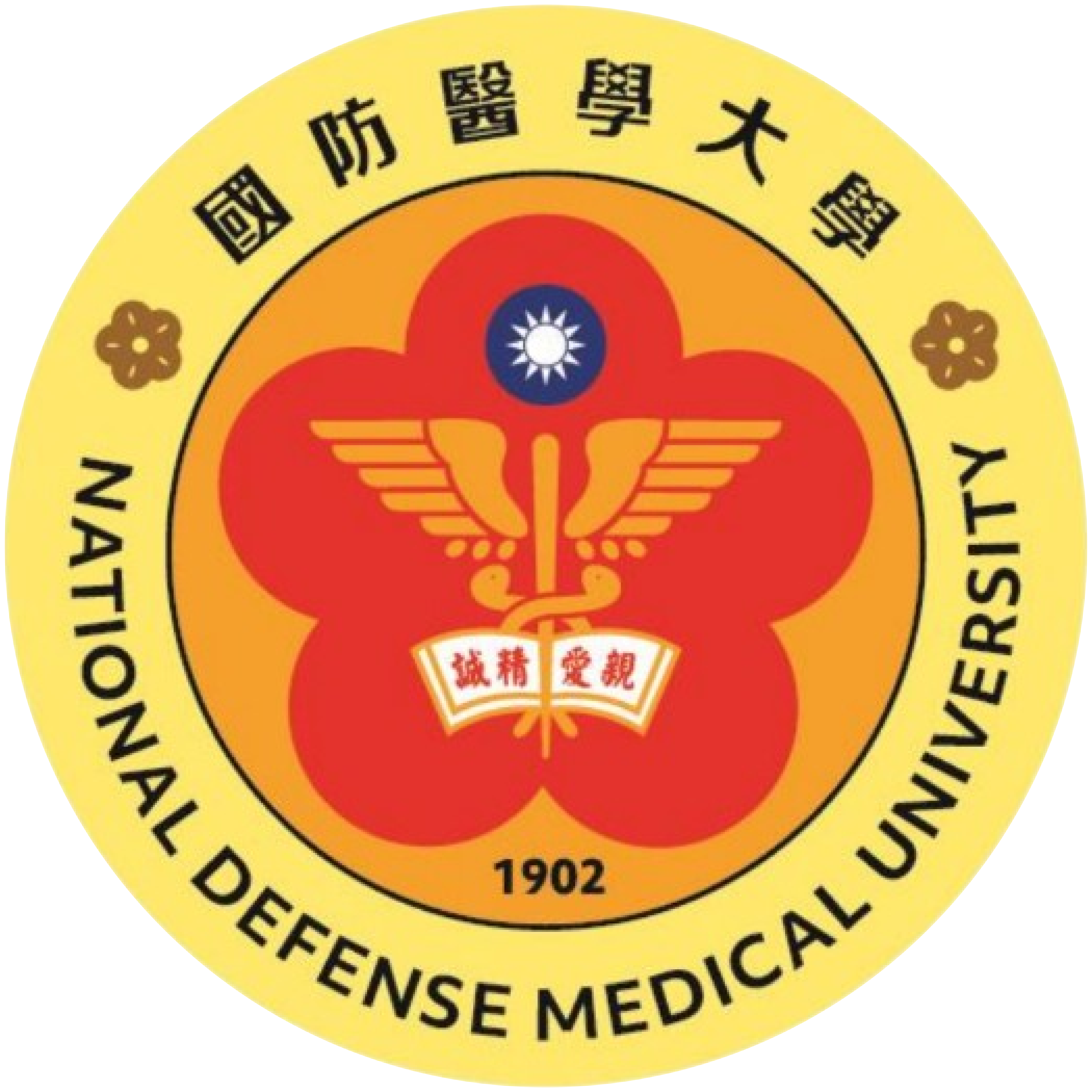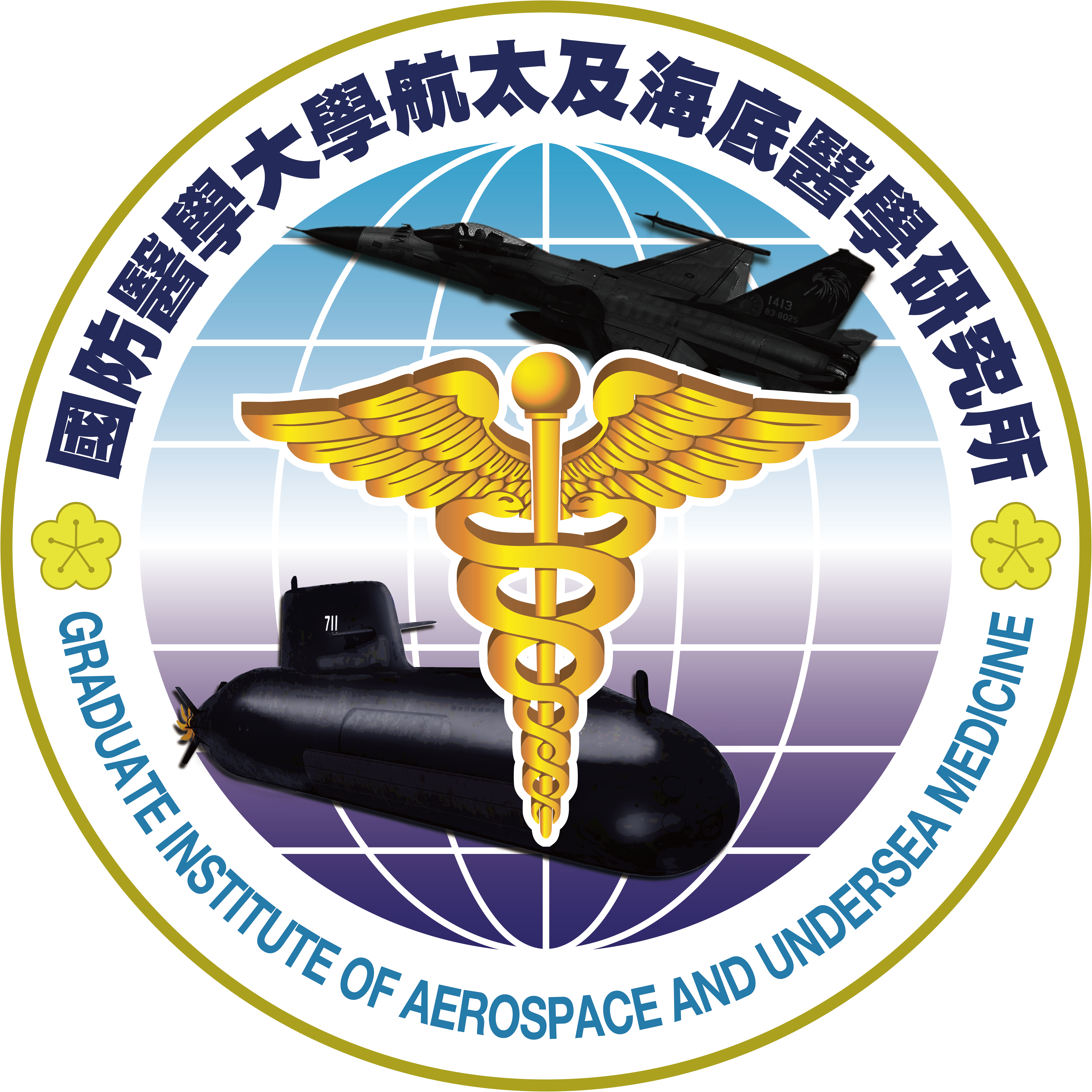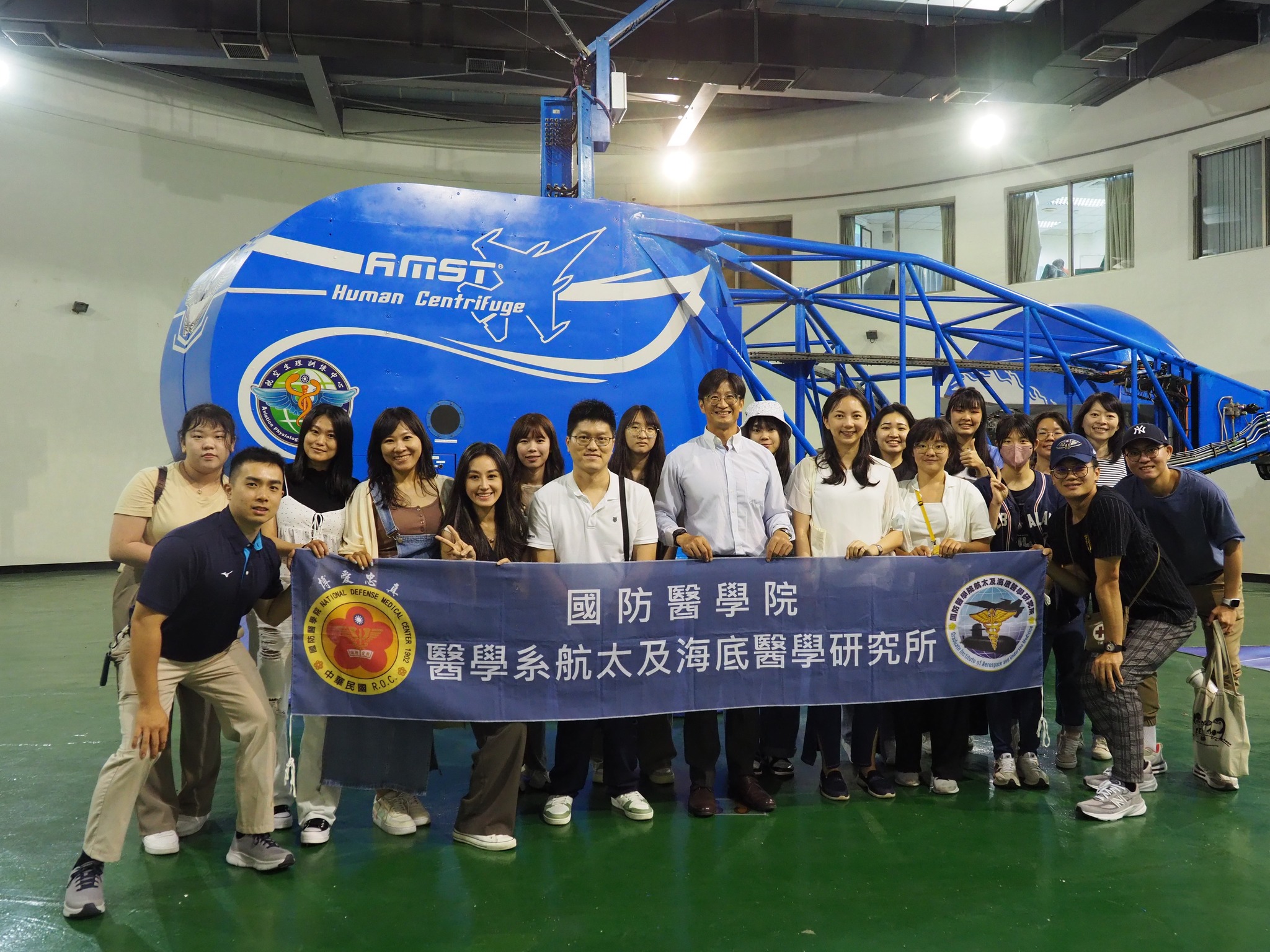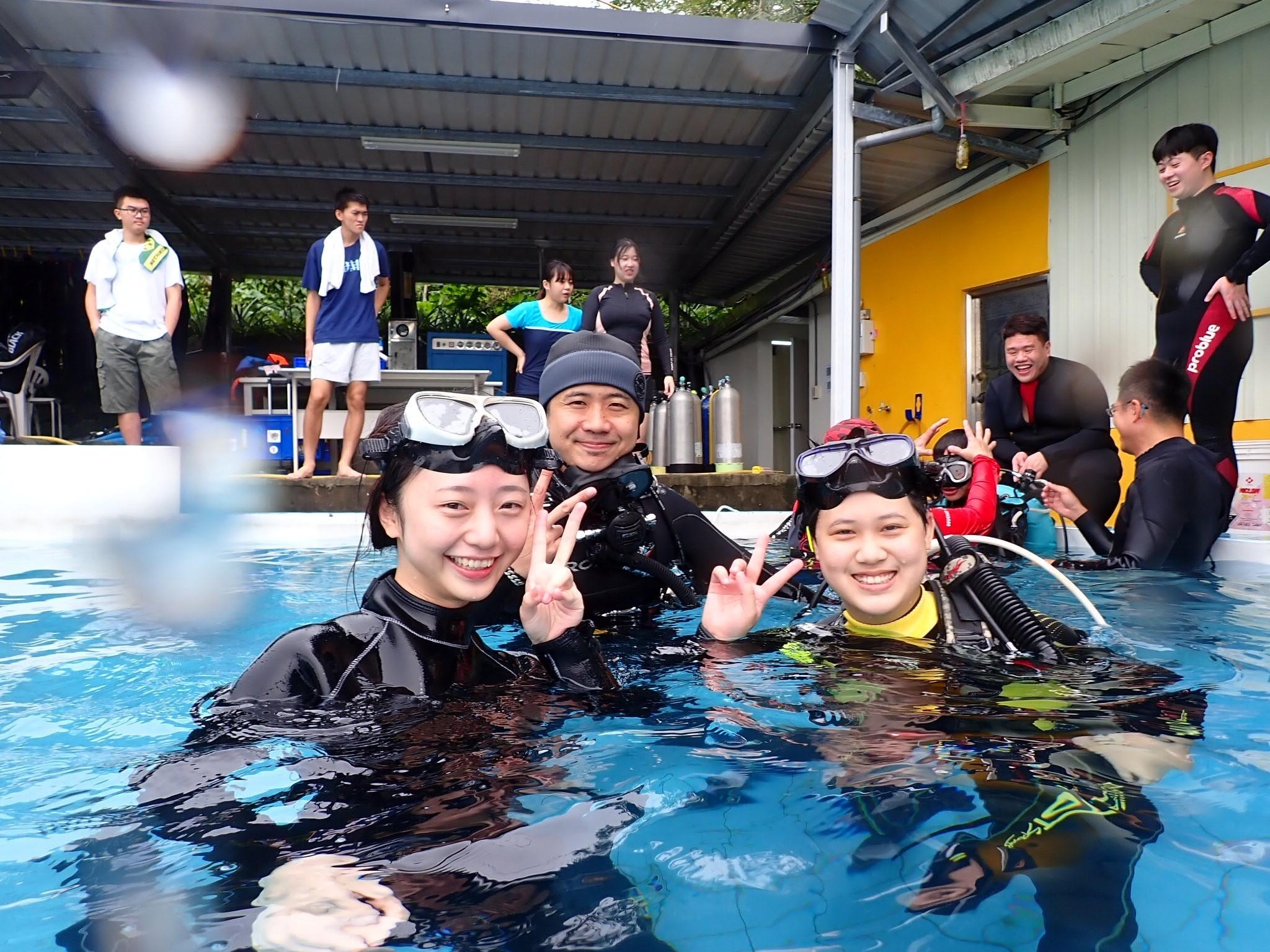Aerospace Medicine Section
Formerly known as the Institute of Aerospace Medicine, this branch focuses on aviation physiology and aeromedical research. Faculty members teach undergraduate and graduate-level courses in aviation physiology, aviation medicine, research methodology, and specialized subjects such as ophthalmology, exercise physiology, pulmonary medicine, and neurology.
Graduate students in the master's program engage in diverse research topics including occupational safety, aviation ophthalmology, acceleration impact, illusion and disorientation mechanisms, stress markers and management, barometric pressure changes, hypobaric hypoxia, lung injury, and adaptation to extreme temperatures.
The primary objectives of the Aerospace Medicine branch are to foster inter-institutional collaboration in aviation physiology and aerospace medicine, train independent researchers, and provide advanced aeromedical consultation services to both civilian and military aviation sectors.



